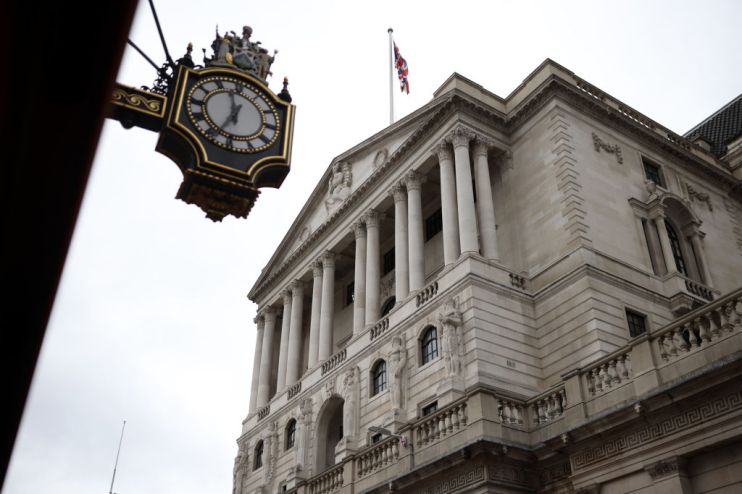Britcoin: BoE’s CBDC head says digital pound will have ‘very highest standards of privacy’

The Bank of England’s director of fintech batted away concerns that a digital pound would threaten privacy as he confirmed that it would not be exchangeable with cryptocurrencies as they currently exist.
Speaking at the Financial Times’ Crypto and Digital Assets Conference, Tom Mutton – who is responsible for leading the CBDC unit at the Bank – said “privacy and anonymity are used synonymously in a way they shouldn’t be.”
Anonymity means there are no available pieces of data on an individual while privacy implies individuals have some degree of control over their data.
Mutton noted that the Bank has never sought to make the digital pound anonymous, pointing out the UK has very high levels of financial crime, but that privacy was a top priority.
“There’s no incentive and no reason for us to offer a digital pound…unless it has the very highest standards of privacy,” Mutton said.
While the digital pound would not be anonymous, Mutton said the Bank was open to consultation on “some level of shielding” at low-level transactions.
Mutton also rejected the claim that private sector digital money is any more private than a digital pound would be. “All electronic payments create a data footprint,” he said. “The question is who does that data go to and what are the conditions on the use.”
Under the Bank’s proposals, consumers would engage with the digital pound through private sector providers. Mutton suggested that these companies could offer enhanced services in exchange for customer data, but that the Bank itself would not receive “personally identifiable information.”
The argument that private sector money would be more private was a “false comparison,” Mutton said.
While Mutton accepted that anonymous payments could be made using cryptocurrencies, he argued that anonymity was “a public policy problem and something that should not be allowed to continue”.
Data from analytics firm Chainalysis showed that illicit crypto transactions surpassed $20bn in 2022. Governments around the world are considering proposals to regulate crypto more closely in an attempt to clamp down on financial crime.
Mutton also confirmed that a digital pound would not be interoperable with cryptocurrencies as they currently exist because they do not “fulfil any of the functions of money.”
However, Mutton said that “a well-regulated payment stablecoin absolutely would be (part of our interoperability objectives), if one emerges in the future.”
Last month, the Bank’s John Cunliffe said stablecoins will need “high quality and liquid” assets to meet the Bank’s regulatory standards, saying most would fail to meet the standards.
Stablecoins are the first part of the crypto ecosystem that will be targeted under the government’s upcoming crypto regulations.